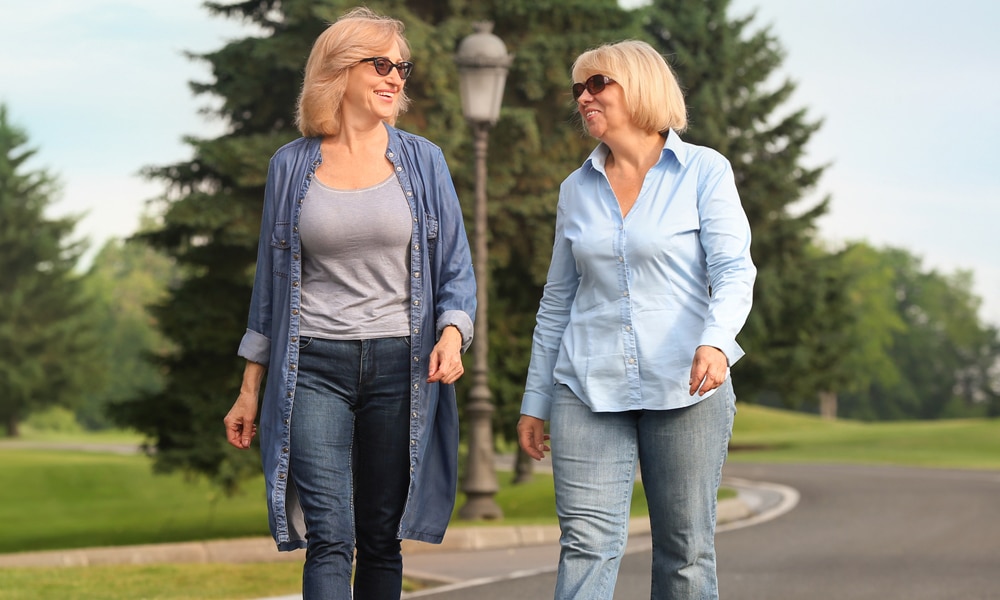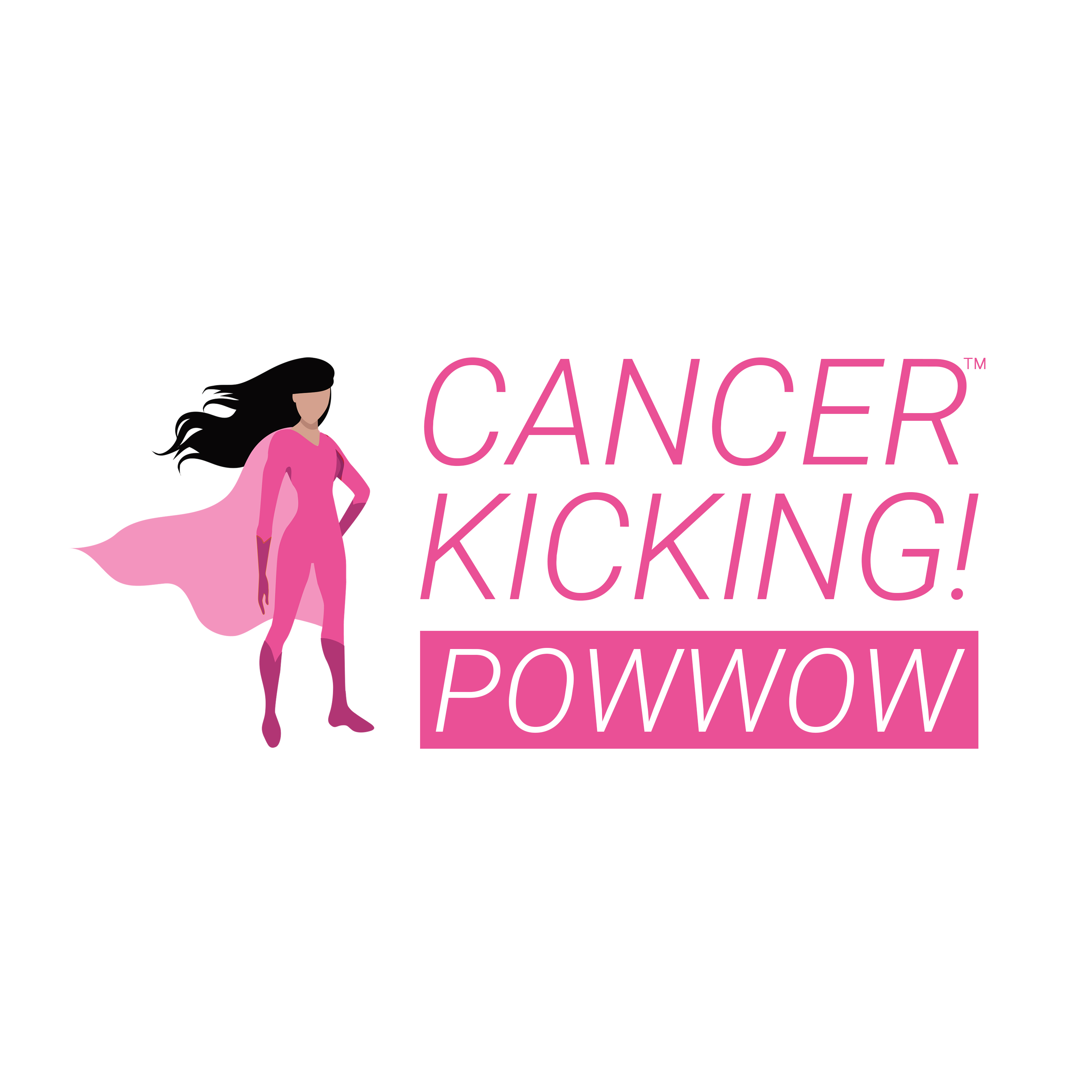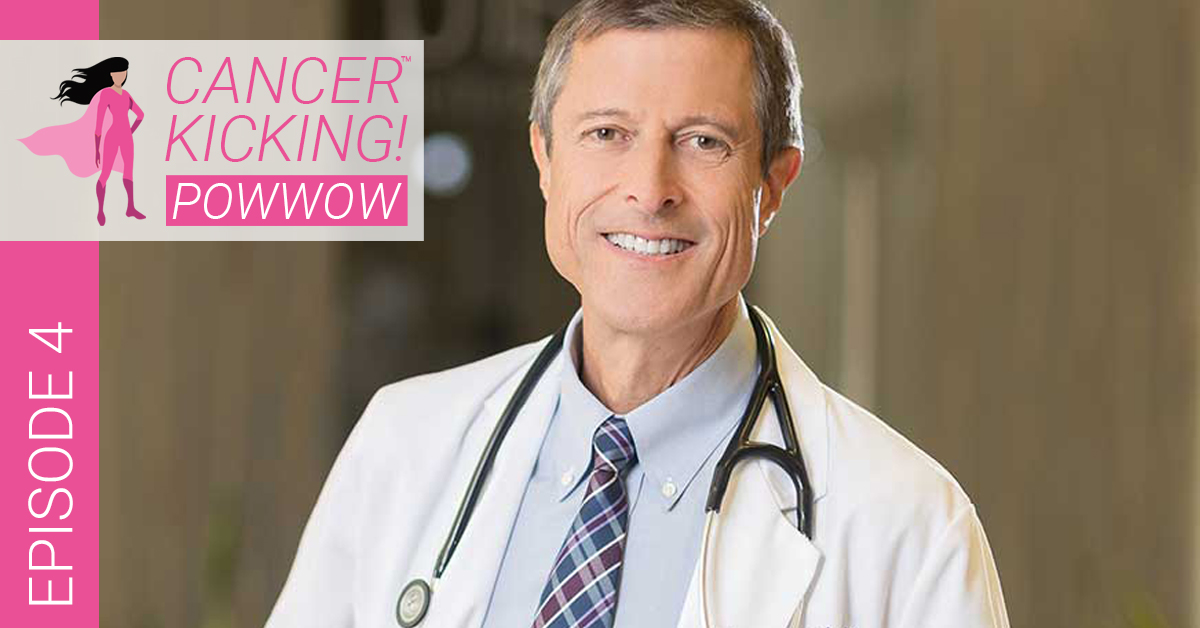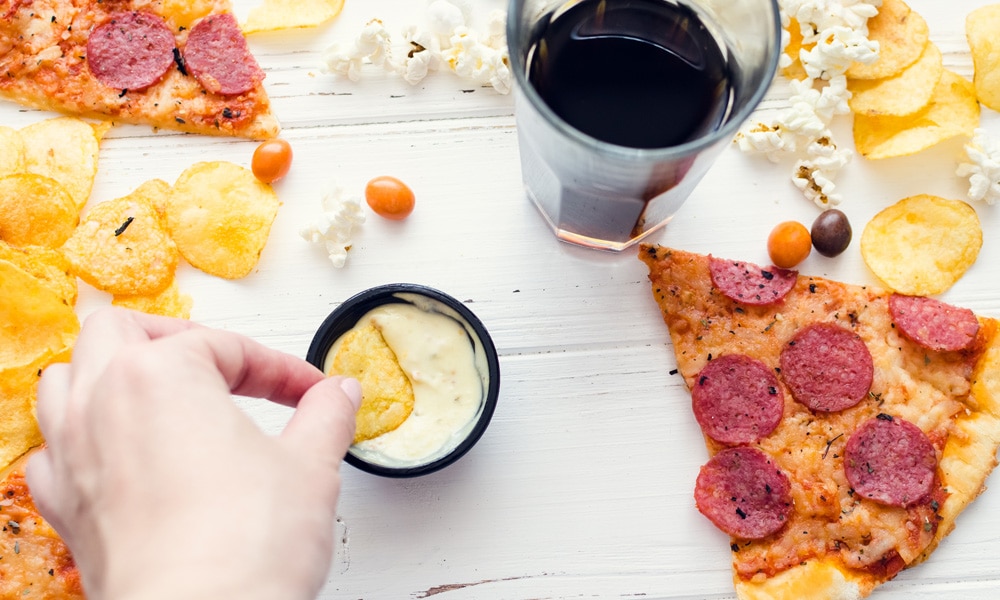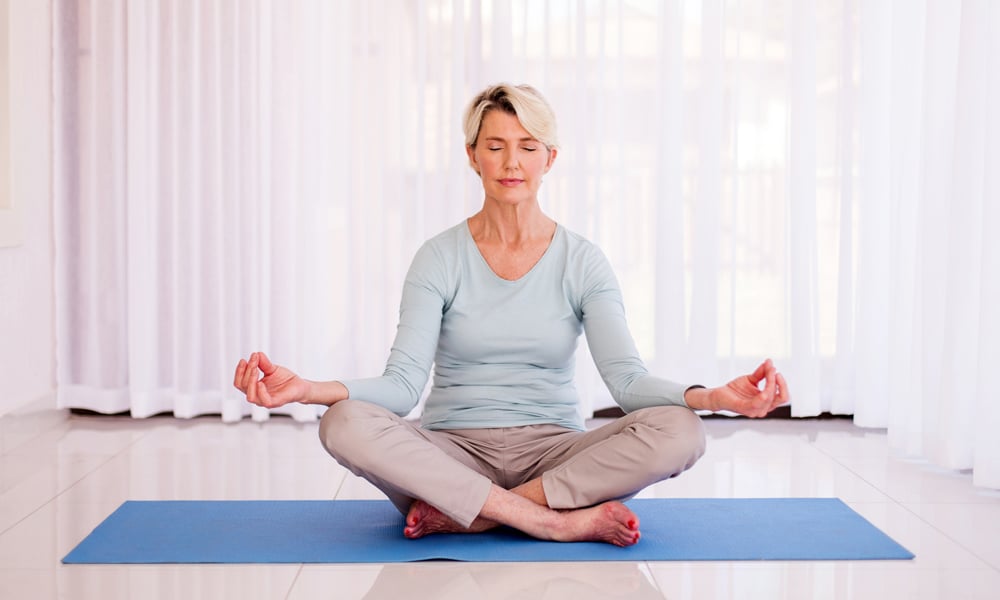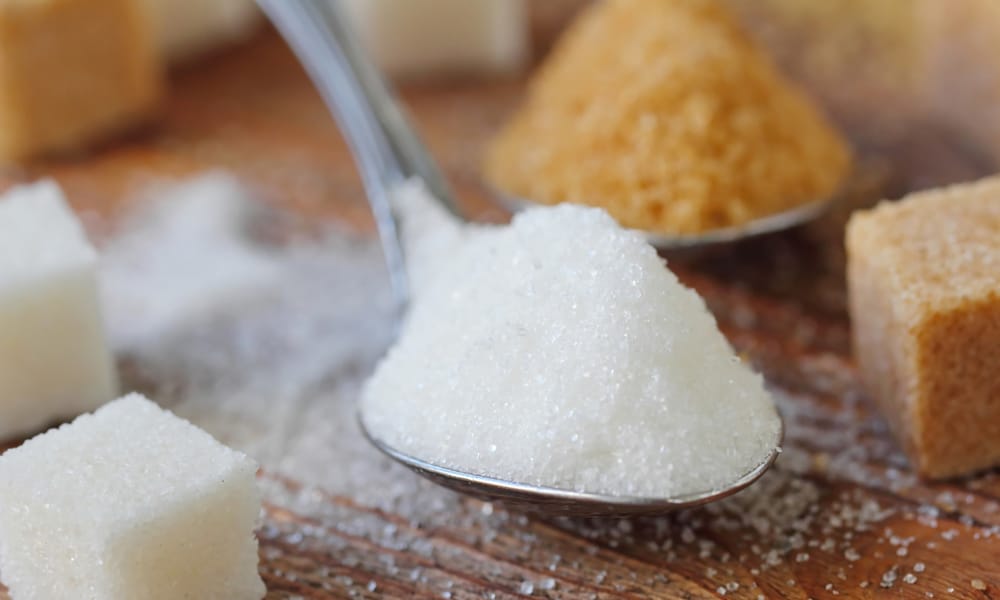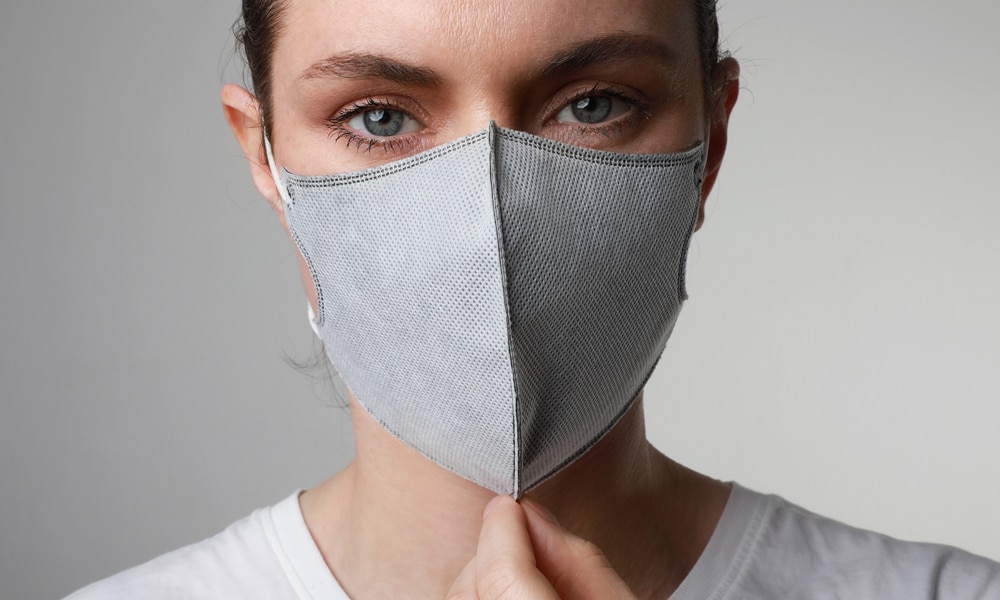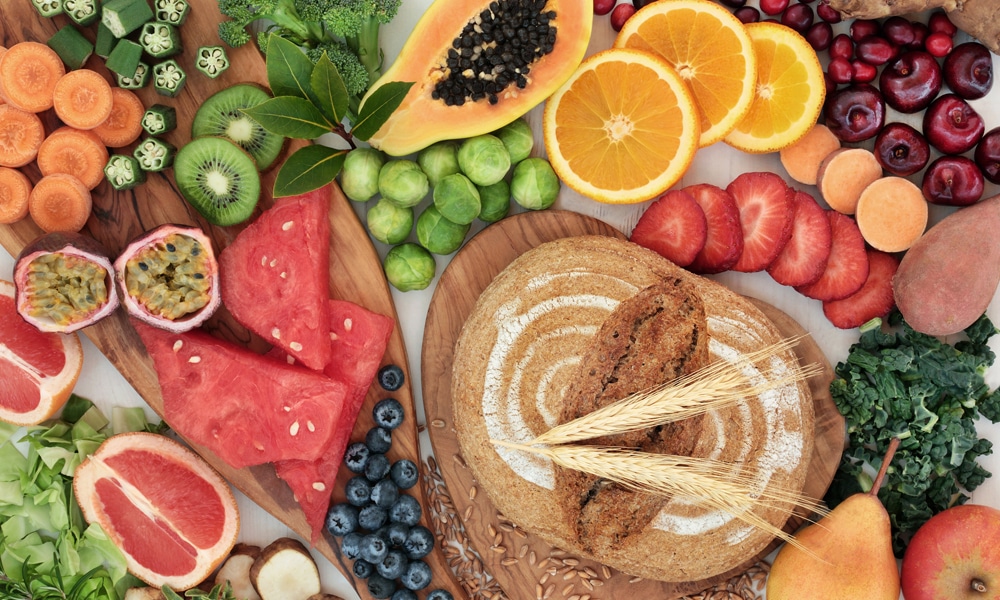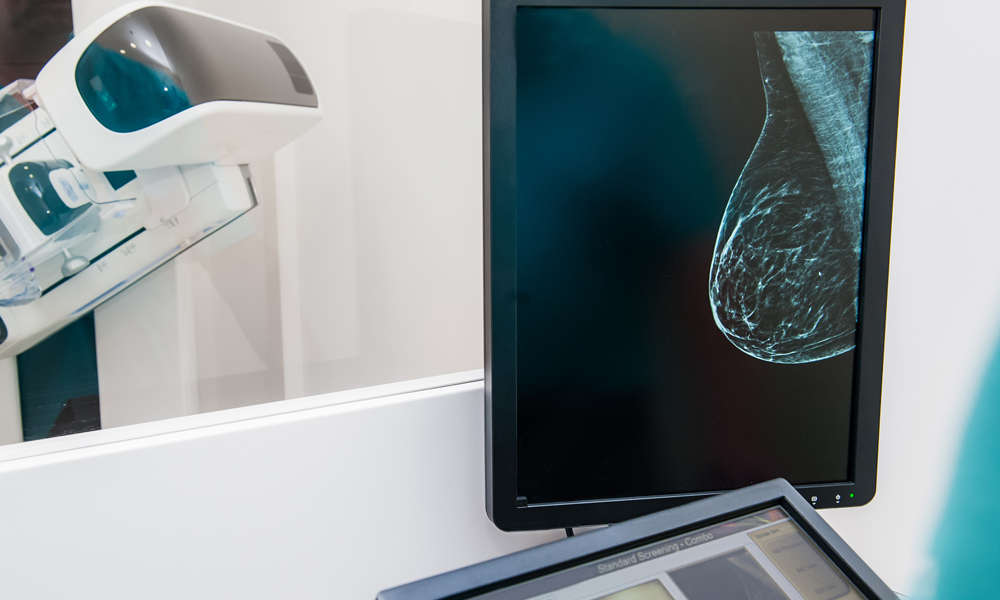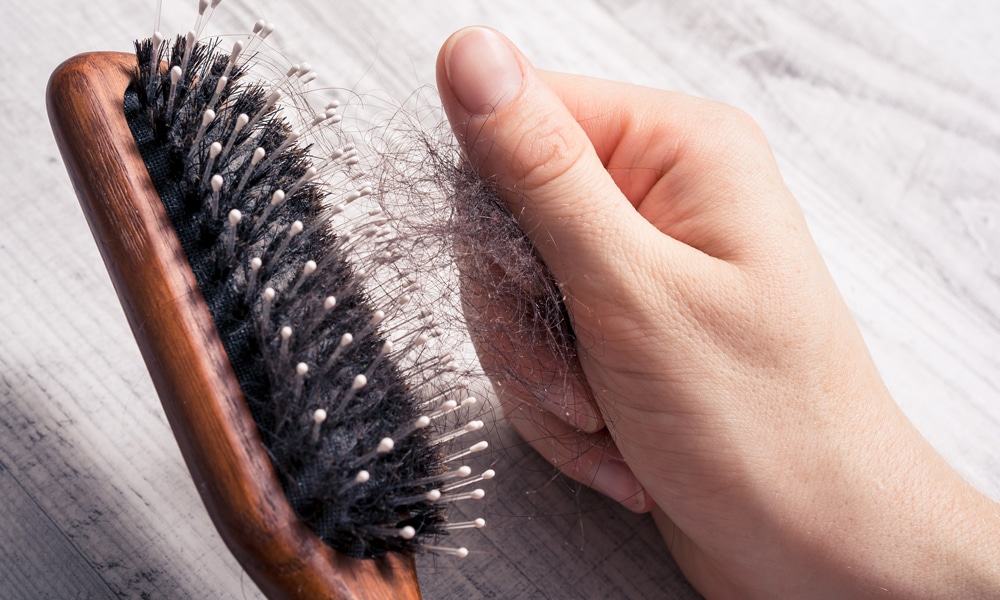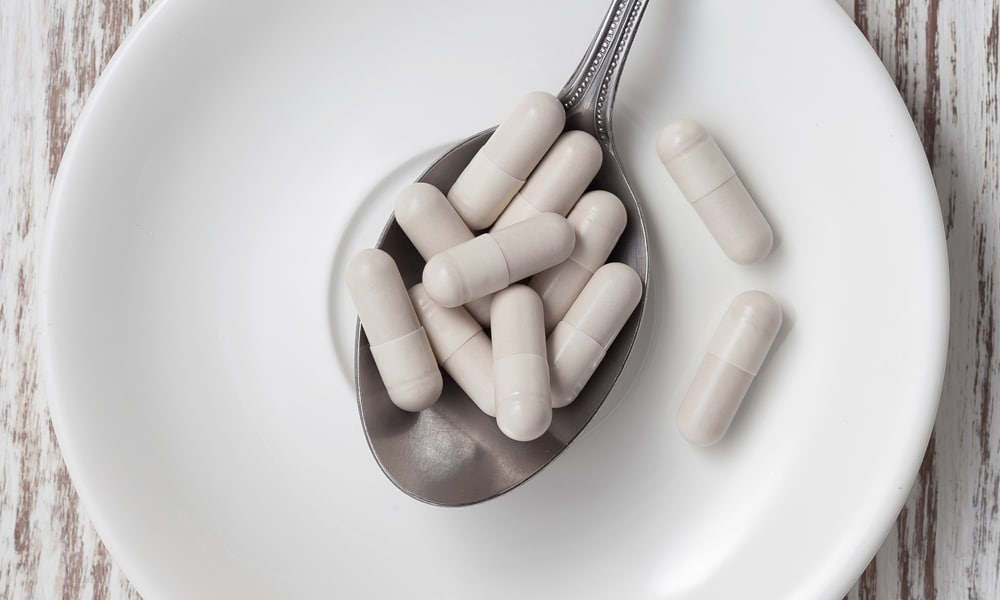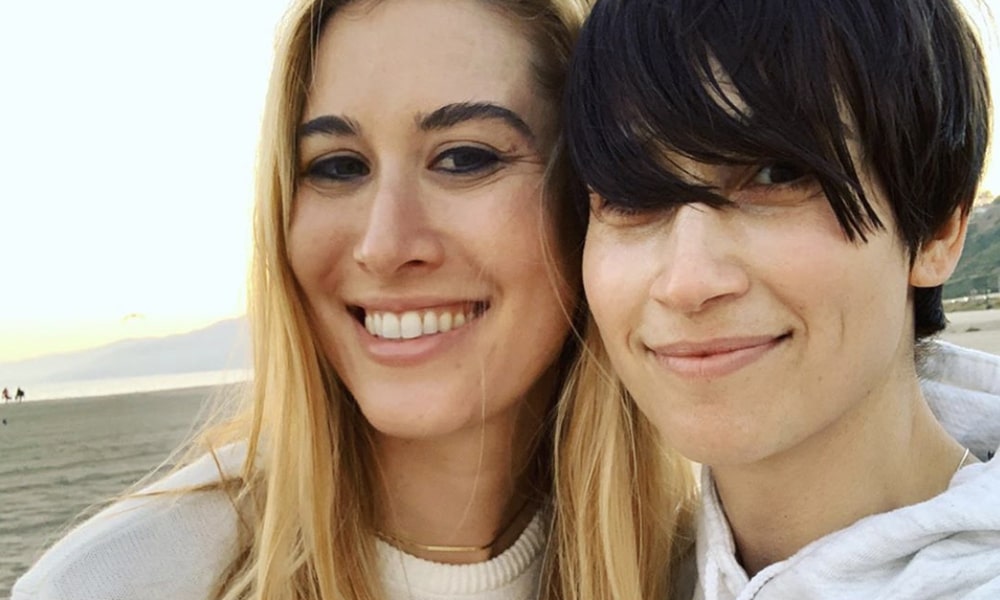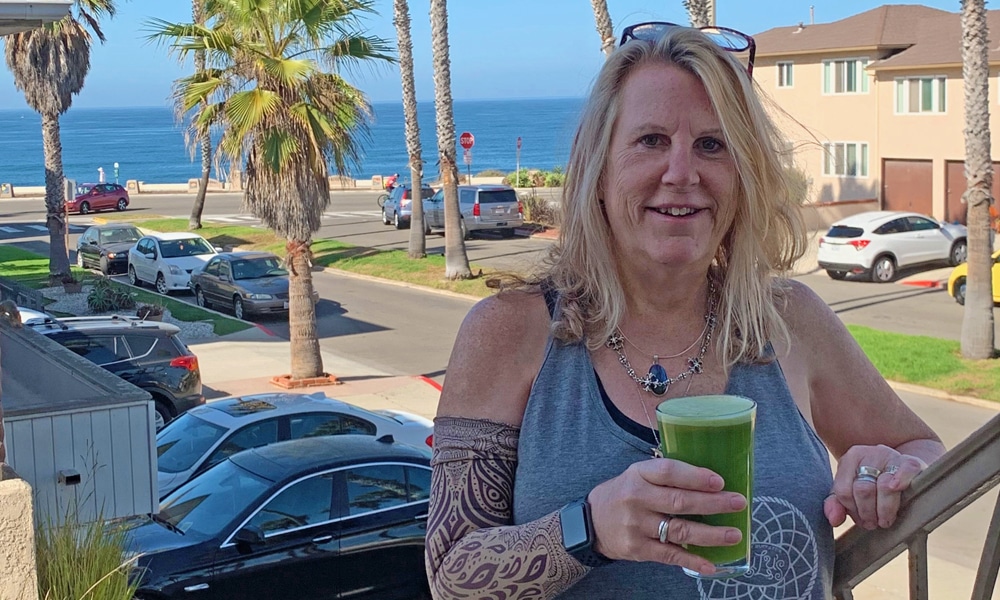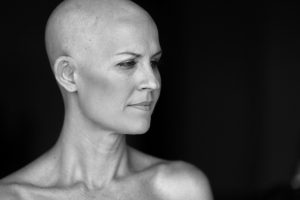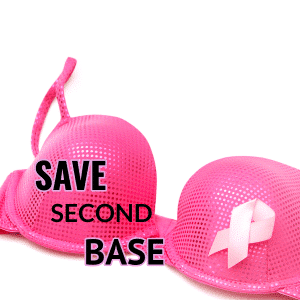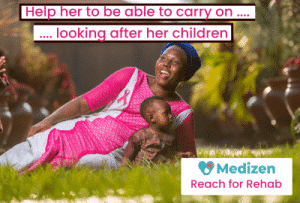Whether you’ve been through a breast cancer diagnosis or are looking to reduce your risk, it’s no doubt that doing everything you can to prioritize your health is important to you. Identifying where positive changes could be made in your routine can be an eye-opening experience that makes a life-changing impact.
Here are 5 easy things that women can do to make health a priority in everyday life.
Eat a Balanced Diet and Avoid Processed Foods
Nutrition is one of the most impactful factors in your everyday life and long term health outcomes. Not only is food used as fuel for your brain and body to function, it’s also made of ingredients that may either help or hurt your immune defense system.
While most people are aware that processed junk foods don’t offer any health benefits, it’s also important to know that these foods may contain things that reduce your protection against common diseases. In fact, enough research already suggests that eating processed foods kills more people prematurely than smoking cigarettes.1
On the other hand, diets high in colorful plants and cruciferous vegetables are protective when it comes to things like the common cold, or even breast cancer.2 Fruits and vegetables are packed with compounds called phytochemicals and antioxidants, which help protect your cells from damage that may lead to disease.3 Most professional health organizations agree that basing your diet on fruits, veggies, whole grains, nuts, seeds, beans and legumes is one of the best forms of immune defense you can possibly build. Whether you already eat a wholesome diet or want to learn how to slowly transition to one, make sure to give our Cancer-Kicking! Kitchen a visit.
Over 11 hours of video content are now available to stream from any device. If you cannot attend our annual Summit at Terranea Resort, sign up for the Virtual Summit instead and get the same information from the in-person Summit in the convenience of your own home.
Enjoy Regular Physical Activity
Movement is key for keeping your body strong and your immune system working at its best. Research shows that regular physical activity – whether it be walking, running, biking, weight lifting, or something else you enjoy – reduces your risk of breast cancer and many chronic diseases4 while also significantly reducing cancer-related fatigue during treatment, especially if it’s started early.
Now, for some of you, exercising may not sound like an “easy” thing to implement on a regular basis, but something as simple as riding your bike to work, walking around the block a few times during your lunch break, or just choosing the stairs over the elevator – there are so many simple things you can implement that do not require a sweat-drenched 1-hour session at your gym.
For instance, a 2007 study of 1,490 women diagnosed and treated for early-stage breast cancer between 1991 and 2000 found that consuming at least 5 servings of fruits and vegetables per day plus walking the equivalent of just 30 minutes per day lowered mortality risk by 50%.5 That certainly is big number, but what does this mean for you? If you’re not already a fan of physical activity in some form, start slowly – but start! Perhaps you can find a friend to walk with regularly, or join a group fitness class that sounds fun. The point is that your body craves movement, and that movement can be incredibly therapeutic for your health.
Stay Connected
Stay Connected
Take a Multivitamin designed for Women’s Health
In addition to making healthy food choices, it can be helpful to add a supplement to your daily routine. Multivitamins can provide micronutrients, or vitamins and minerals, that play an essential role in maintaining balanced health. This is especially true for women who do not get their recommended daily essentials as a result of a suboptimal diet. Better yet, it takes little time and almost no effort to do on a regular basis. Some research even indicates that adequate consumption of certain micronutrients may also help reduce risk of breast cancer in the long run.6
Not every multivitamin is alike, though, and most of them are produced with mass appeal and convenience as the primary selling points. For a more custom approach, consider a formulation specific for women’s health like the Multi Must Have Designer Vitamin for Women, which addresses the key nutritional concerns that matter while aiming to support your overall health and wellbeing.
Prioritize your Mental Health by Engaging in Self Care
While “self care” is somewhat of a trendy term these days, there’s a big reason that it’s become such a hot topic of conversation. Most women are so familiar with living busy on-the-go lifestyles, managing personal and family schedules, and keeping constantly full plates, that we often forget to care for ourselves. This may lead to anxiety, depression, and other mental health struggles.
The truth is that you can’t pour from an empty cup. If you’re feeling empty, drained, and burnt out, it’s time to make a change in this area – and yes, it can be easy and does not require hours of your time either. Rather than live a life where we have to constantly find time to “escape from”, perhaps integrating regular self care into our everyday routines can help life be more energizing on a daily basis.7 Research has also found that women with metastatic or recurrent breast cancer, chronic stress – even unaddressed trauma from early in life – could lead to more significant symptoms and possibly even a higher risk of recurrence.
The point is that taking care of yourself results in your feeling fulfilled, inspired, refreshed, and having your own needs met. What are some areas in which you can start making time for regular self care? Maybe for you this looks like a bubble bath and a good book, a pedicure with a girlfriend, signing up for an art class, or starting a reflection journal. At the end of the day, make yourself a priority and make it a priority to do so on a regular basis.
Surround Yourself with a Supportive Community
There may be no more powerful social force than women supporting other women. As young children, it seems like the goal is to have as many friends as possible, but quality certainly surpasses quantity with age.
Humans were designed to do life together. Research shows that socialization is essential for mental health, and at the end of the day, deep meaningful relationships are especially important for women. In fact, having an emotionally supportive social network can help boost your resilience to stress, and perhaps even protect your body from the internal consequences of those stresses.8-10
If you don’t have these close knit friendships already, are there relationships you can intentionally pursue or deepen? Take a few minutes to think about who you could call or have a coffee with. If nobody comes to mind, sometimes just purposefully getting out of the house (without an agenda) and surrounding yourself with people at a cafe, park or market can establish feelings of community and belonging. Realizing that everybody has a story, and everyone is struggling with something, can be a good conversation starter.
Consider joining our open and uncensored online community of women from all over the world, or if you are a breast cancer survivor, think about becoming a mentor for a newly diagnosed woman via our free Breast Buddies program. Giving back to others in need is just one more thing you can do to feed your soul and improve your wellbeing as a woman.
Hopefully this gives you a few ideas for where you can make some small adjustments in your everyday routine to prioritize your health. Any changes we can make to support our long-term well being are positive ones.
 We’ve been working hard on this. Add your e-mail address and we will tell you as soon as it launches.
We’ve been working hard on this. Add your e-mail address and we will tell you as soon as it launches.
"*" indicates required fields
References
- Fuhrman J. The Hidden Dangers of Fast and Processed Food. Am J Lifestyle Med. 2018;12(5):375–381. Published 2018 Apr 3. doi:10.1177/1559827618766483.
- Farvid MS, Chen WY, Rosner BA, Tamimi RM, Willett WC, Eliassen AH. Fruit and vegetable consumption and breast cancer incidence: Repeated measures over 30 years of follow-up. Int J Cancer. 2019 Apr 1;144(7):1496-1510. doi: 10.1002/ijc.31653.
- Slavin JL, Lloyd B. Health benefits of fruits and vegetables. Adv Nutr. 2012;3(4):506–516. Published 2012 Jul 1. doi:10.3945/an.112.002154.
- Booth FW, Roberts CK, Laye MJ. Lack of exercise is a major cause of chronic diseases. Compr Physiol. 2012;2(2):1143–1211. doi:10.1002/cphy.c110025.
- Pierce JP, Stefanick ML, Flatt SW, et al. Greater survival after breast cancer in physically active women with high vegetable-fruit intake regardless of obesity. J Clin Oncol. 2007;25(17):2345–2351. doi:10.1200/JCO.2006.08.6819.
- Pan SY, Zhou J, Gibbons L, Morrison H, Wen SW; Canadian Cancer Registries Epidemiology Research Group [CCRERG]. Antioxidants and breast cancer risk- a population-based case-control study in Canada. BMC Cancer. 2011 Aug 24;11:372. doi: 10.1186/1471-2407-11-372.
- Godfrey CM, Harrison MB, Lysaght R, Lamb M, Graham ID, Oakley P. The experience of self-care: a systematic review. JBI Libr Syst Rev. 2010;8(34):1351-1460. doi: 10.11124/01938924-201008340-00001.
- Umberson D, Montez JK. Social relationships and health: a flashpoint for health policy. J Health Soc Behav. 2010;51 Suppl(Suppl):S54–S66. doi:10.1177/0022146510383501.
- Reblin M, Uchino BN. Social and emotional support and its implication for health. Curr Opin Psychiatry. 2008;21(2):201–205. doi:10.1097/YCO.0b013e3282f3ad89.
- Ozbay F, Johnson DC, Dimoulas E, Morgan CA, Charney D, Southwick S. Social support and resilience to stress: from neurobiology to clinical practice. Psychiatry (Edgmont). 2007;4(5):35–40. https://www.ncbi.nlm.nih.gov/pmc/articles/PMC2921311/

